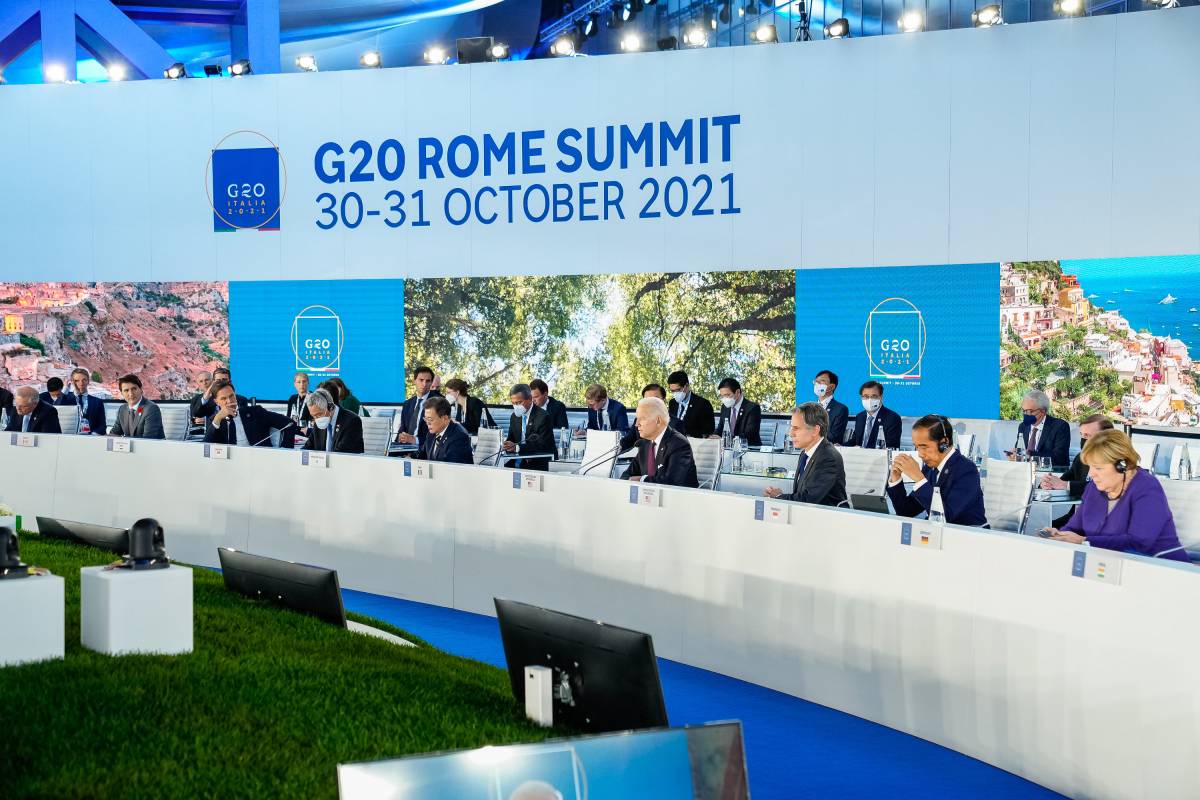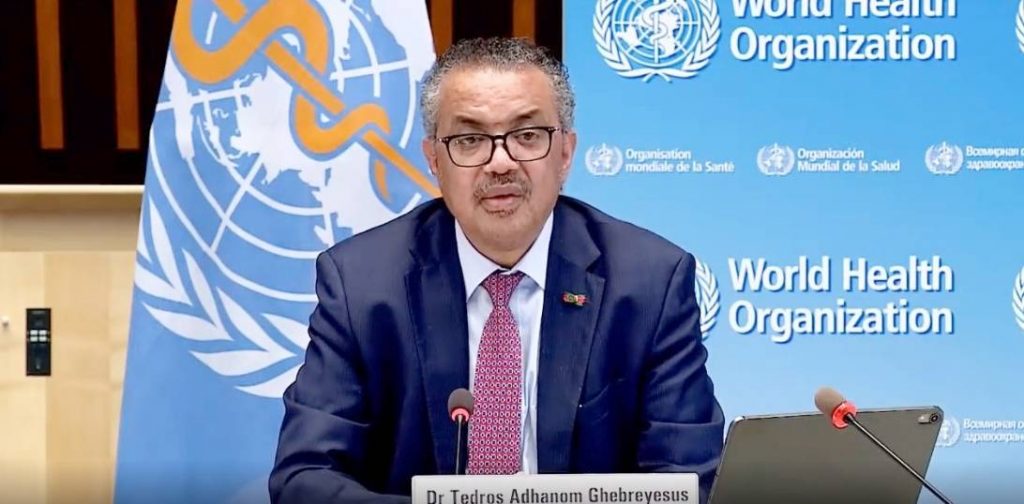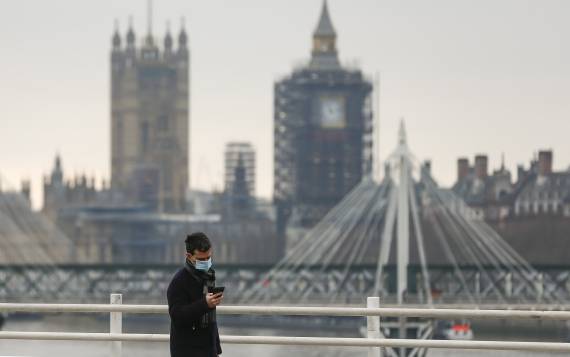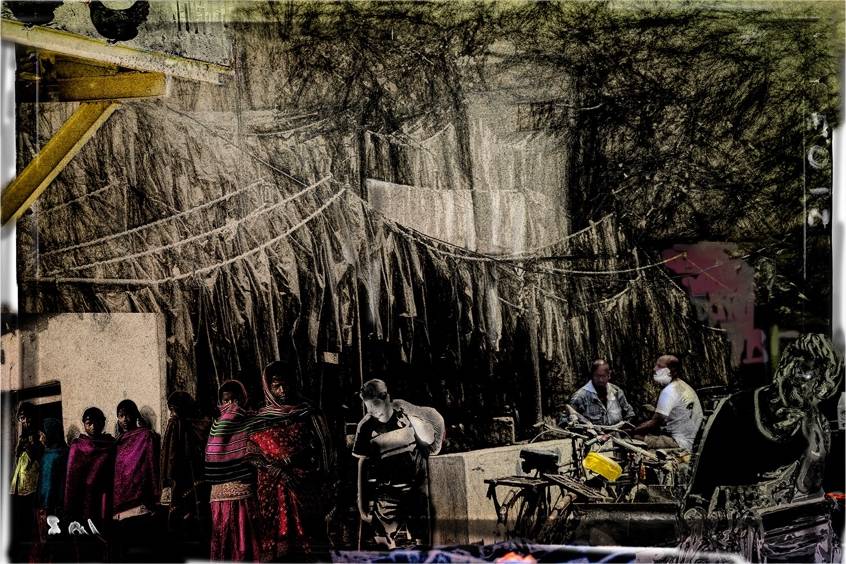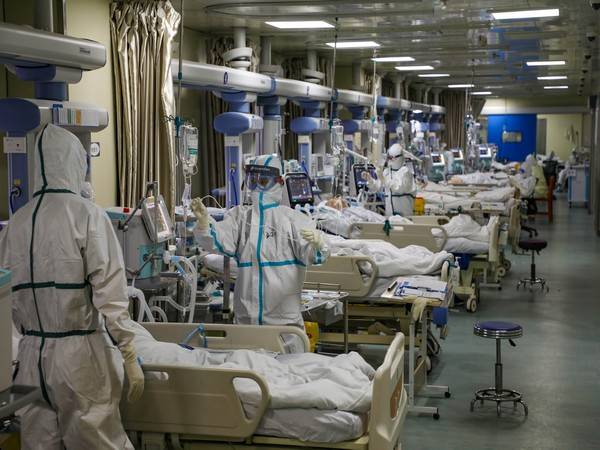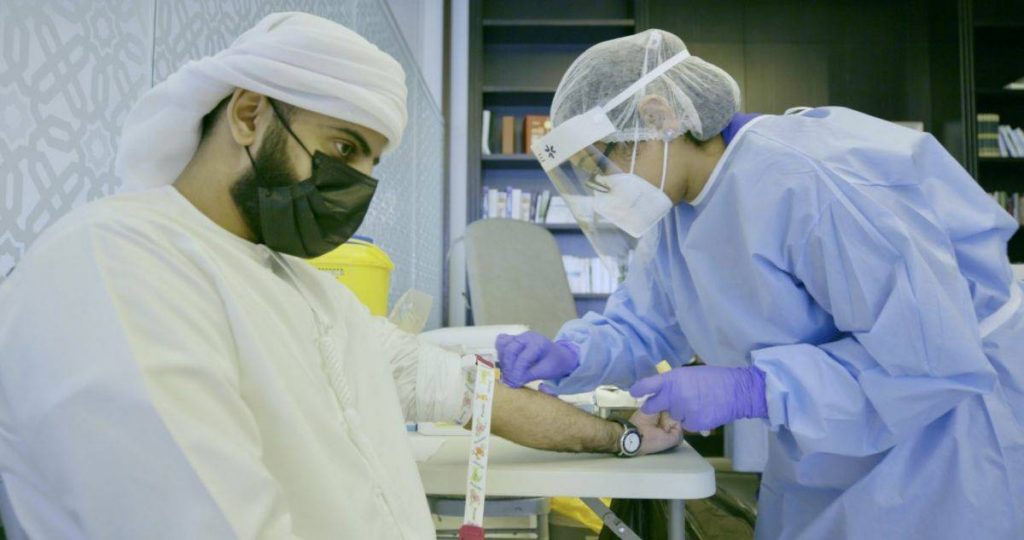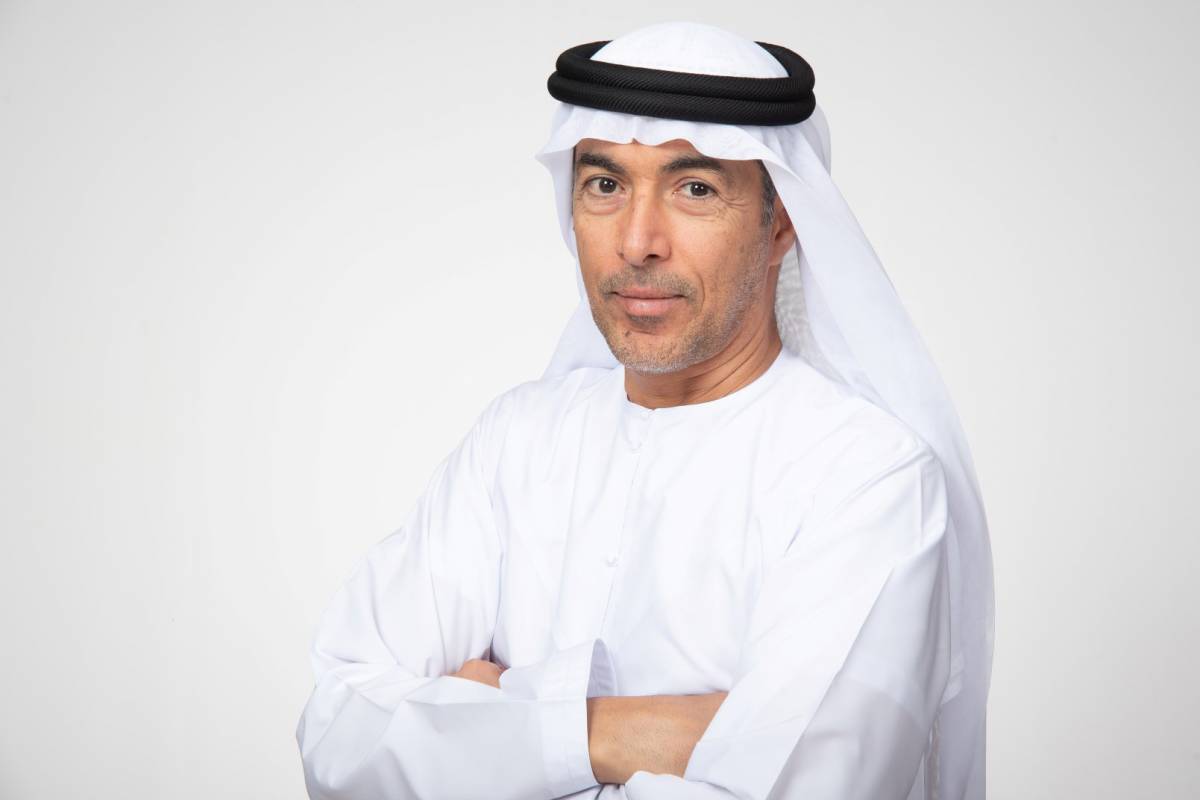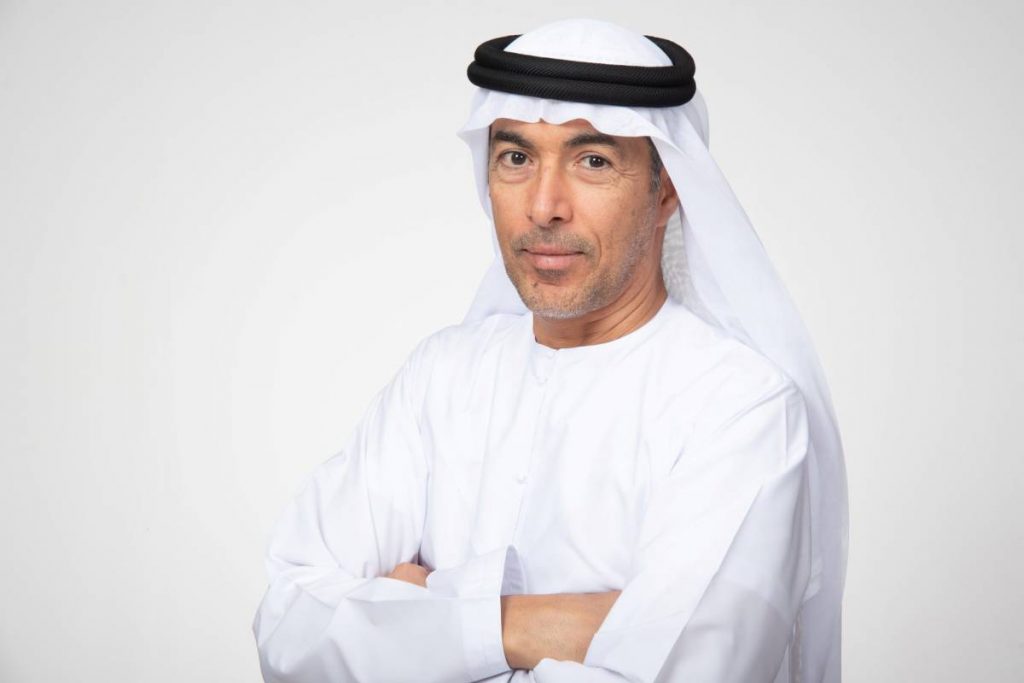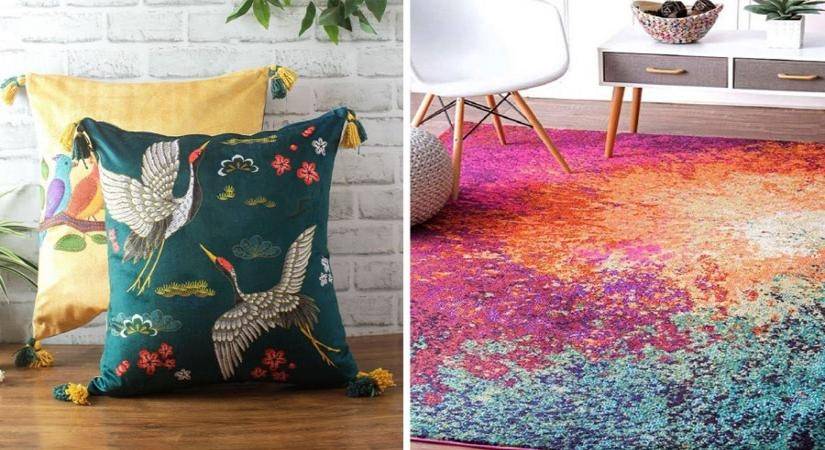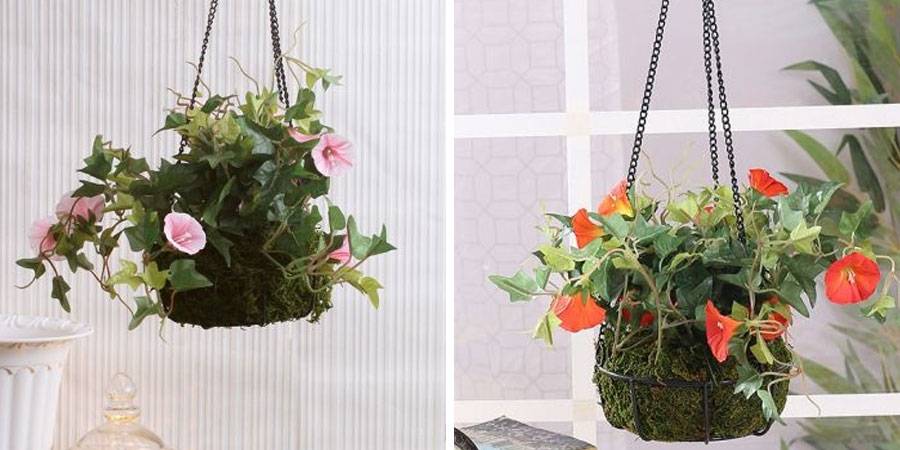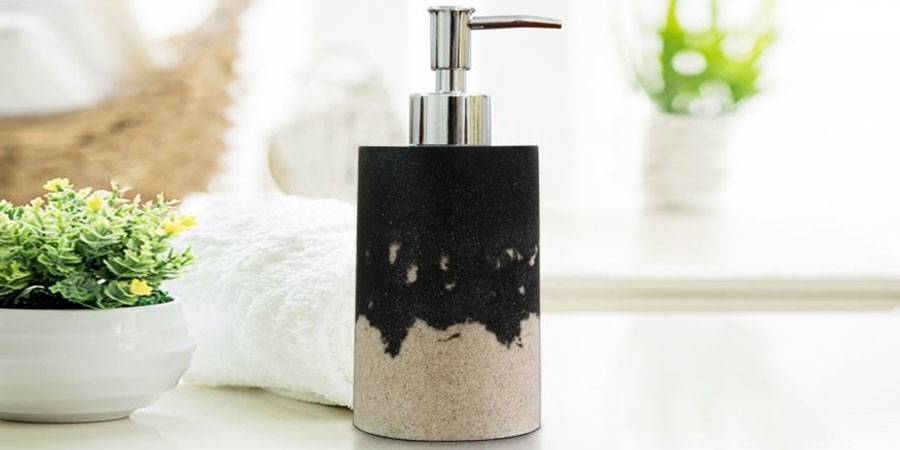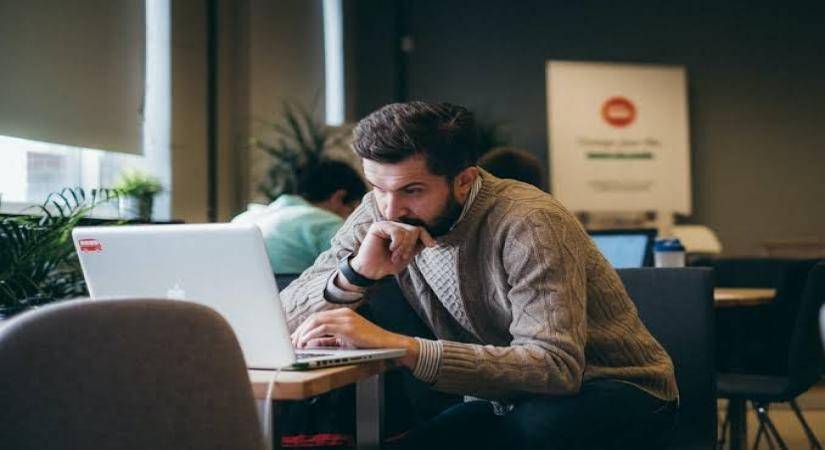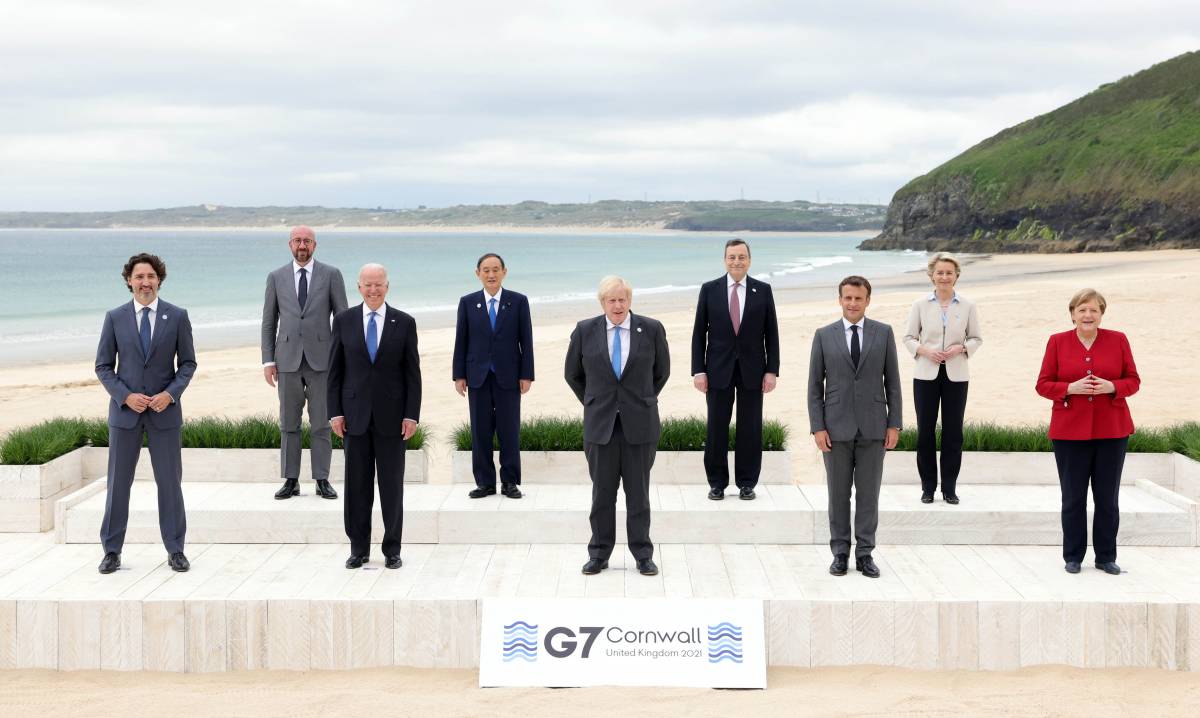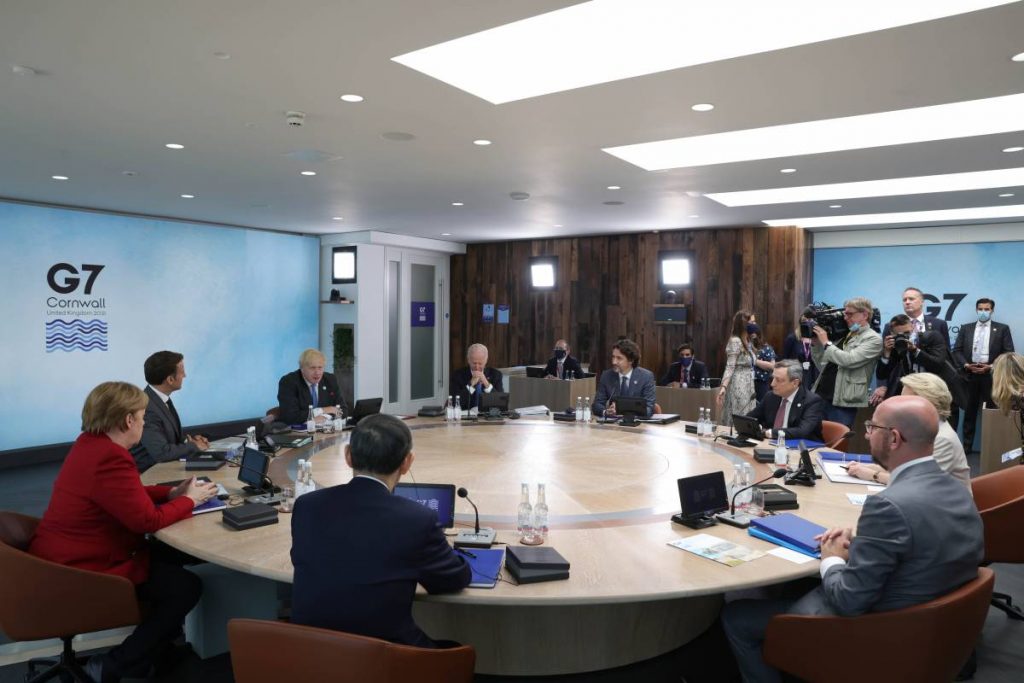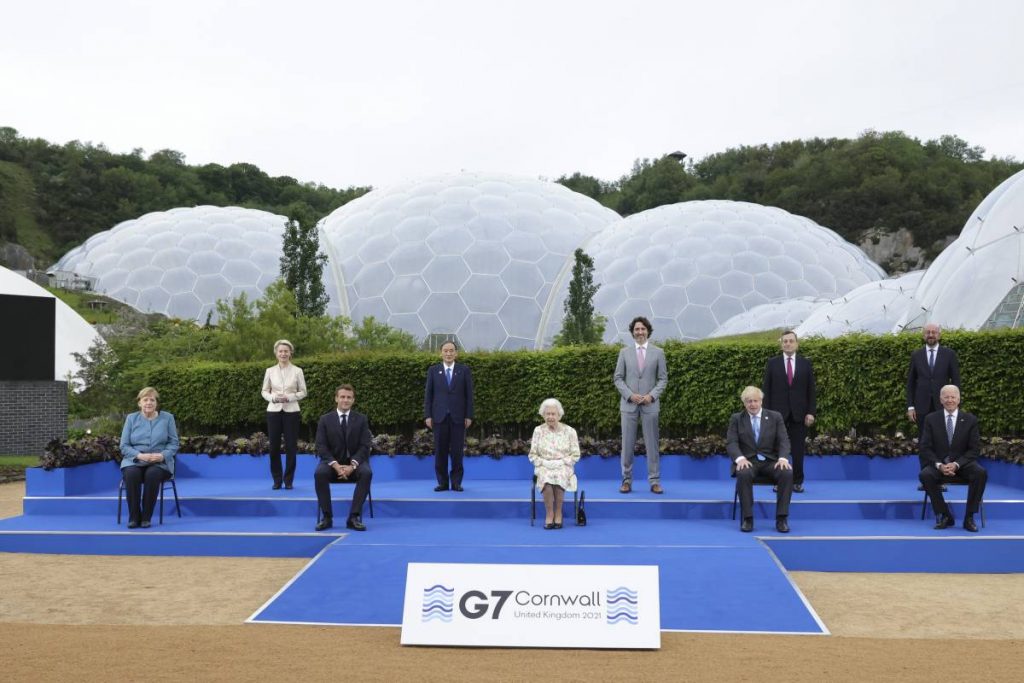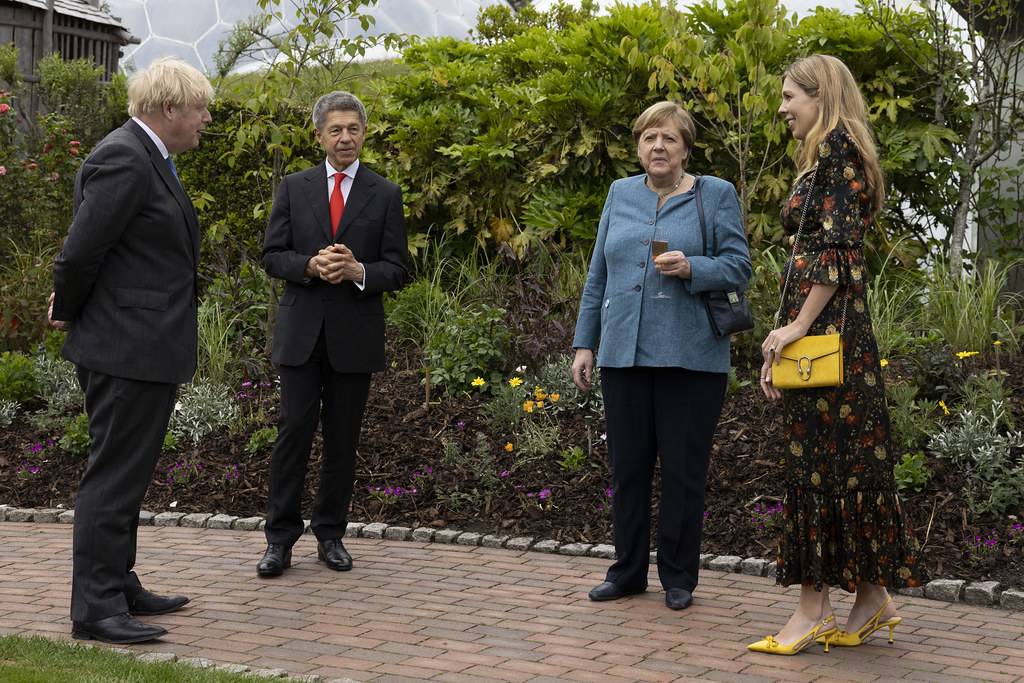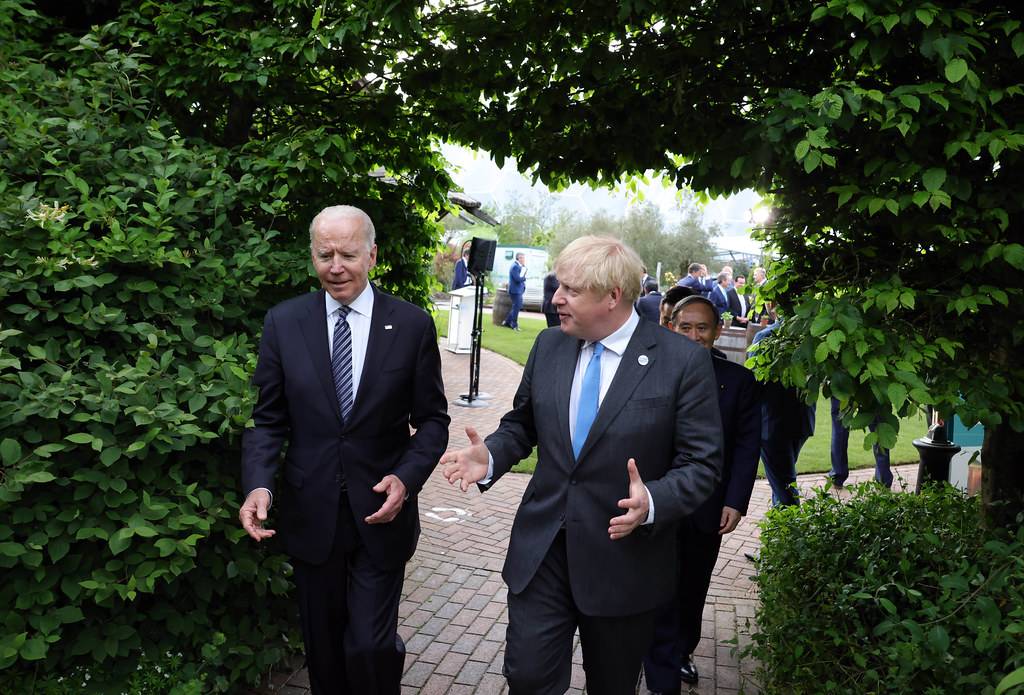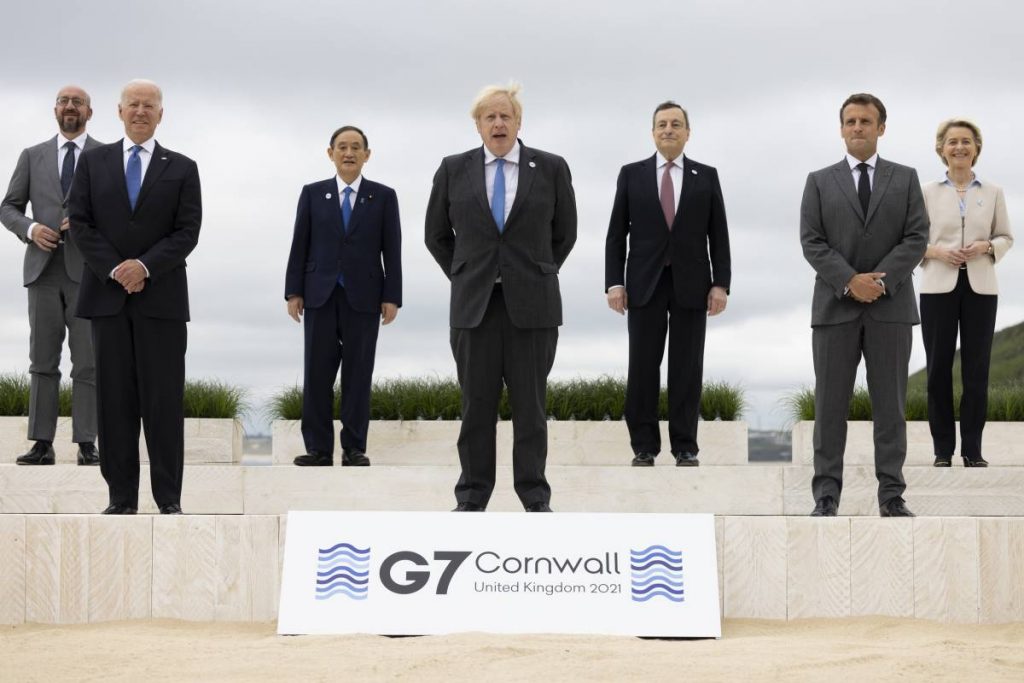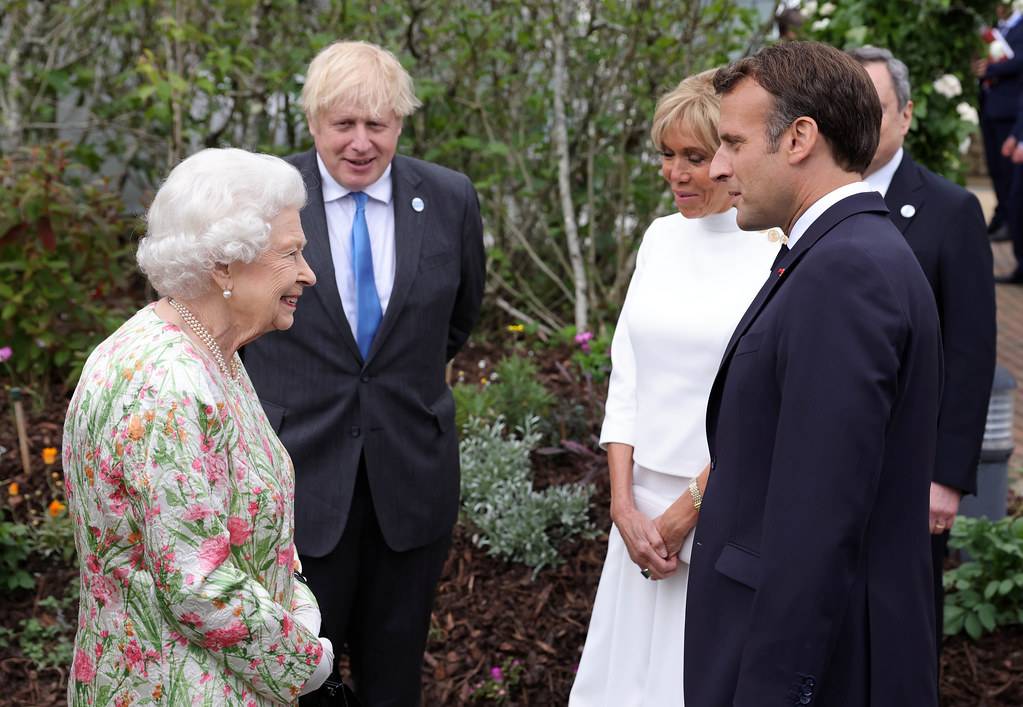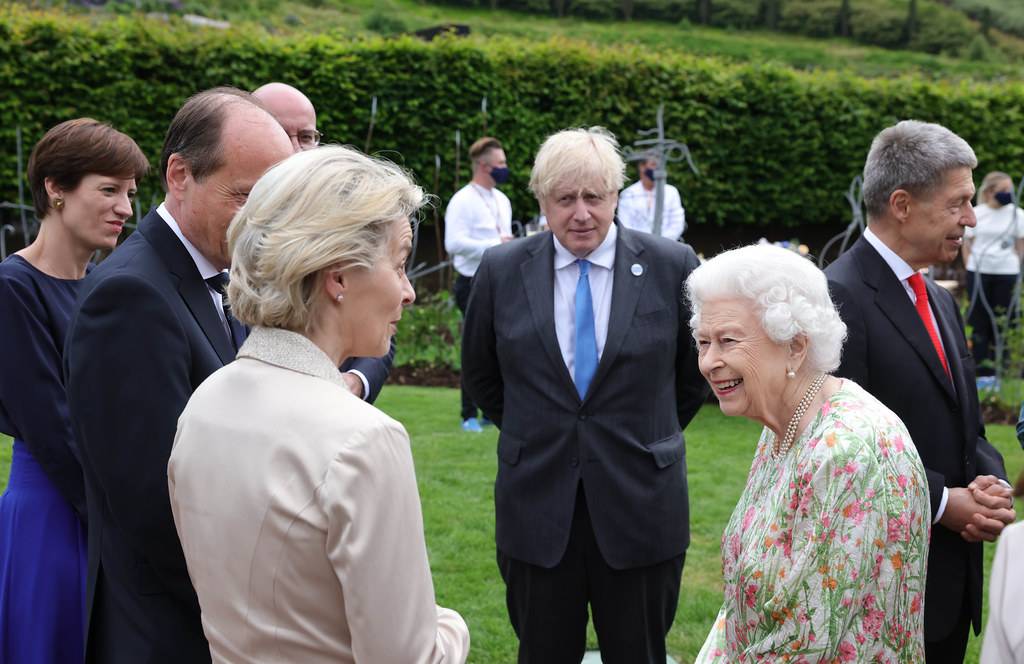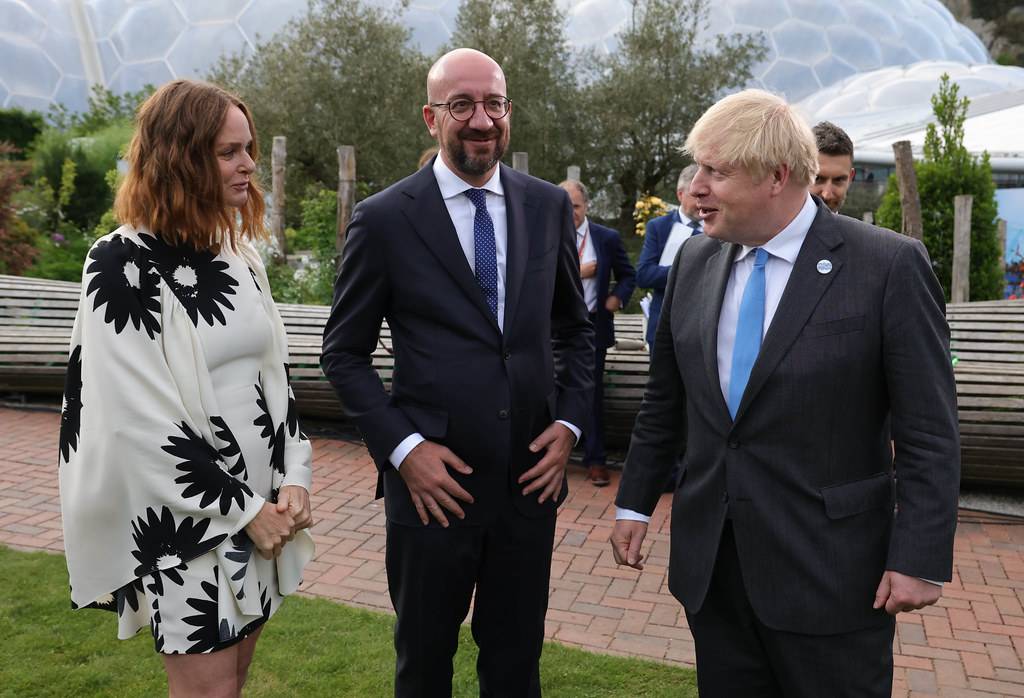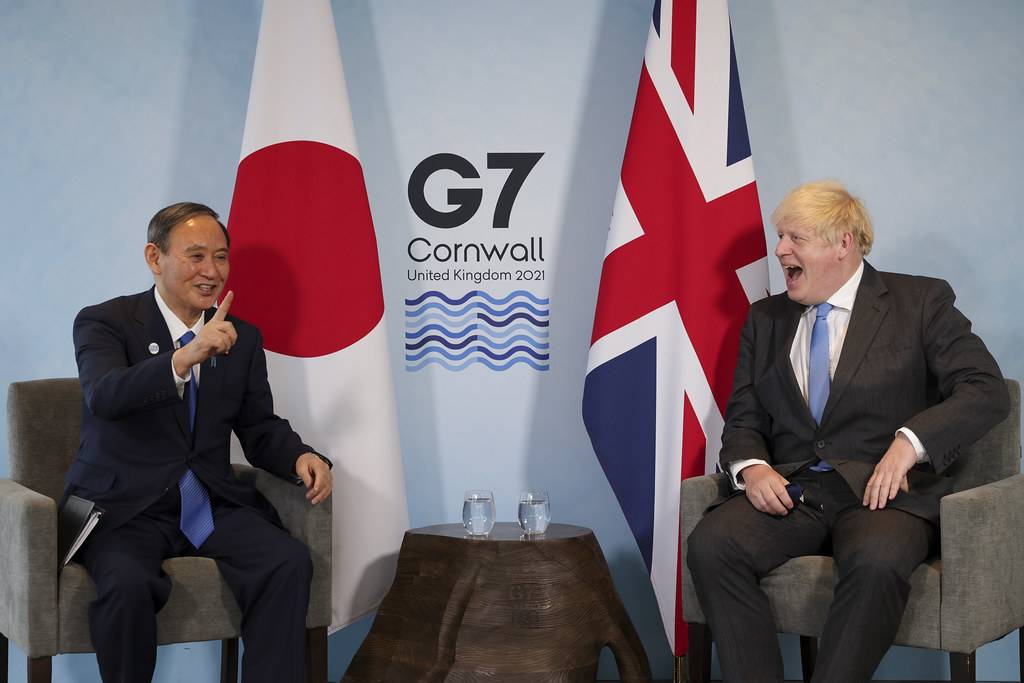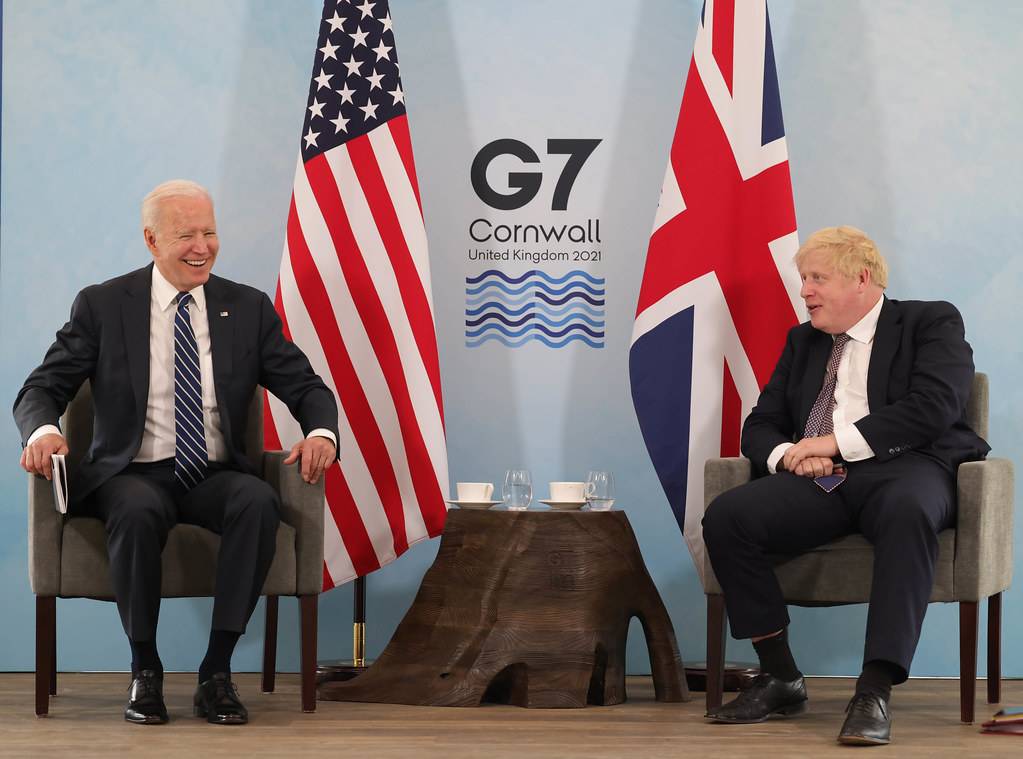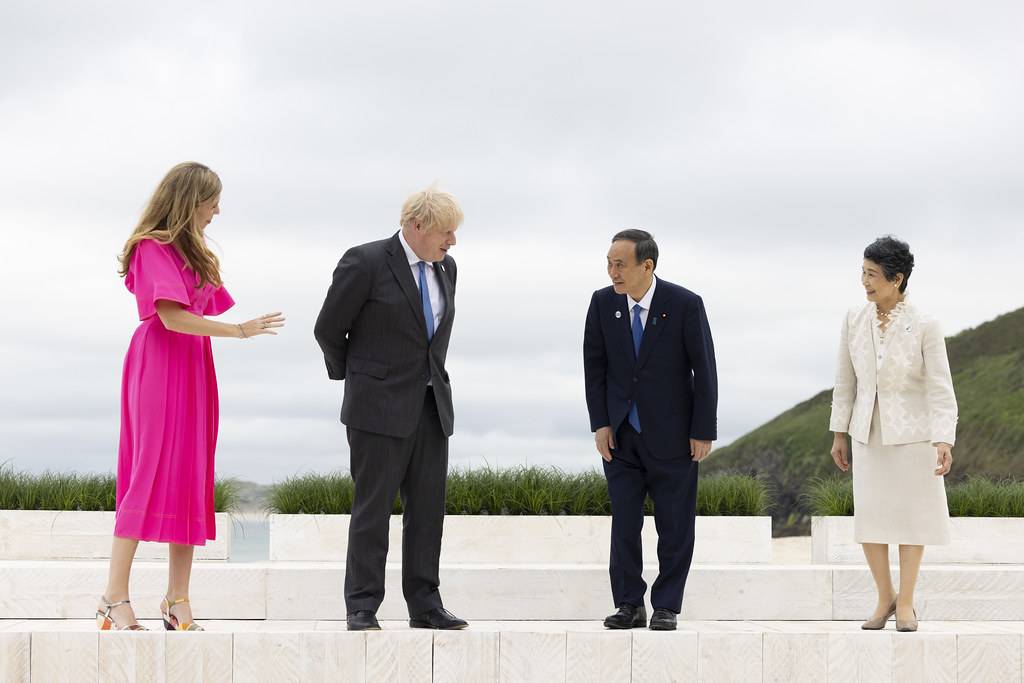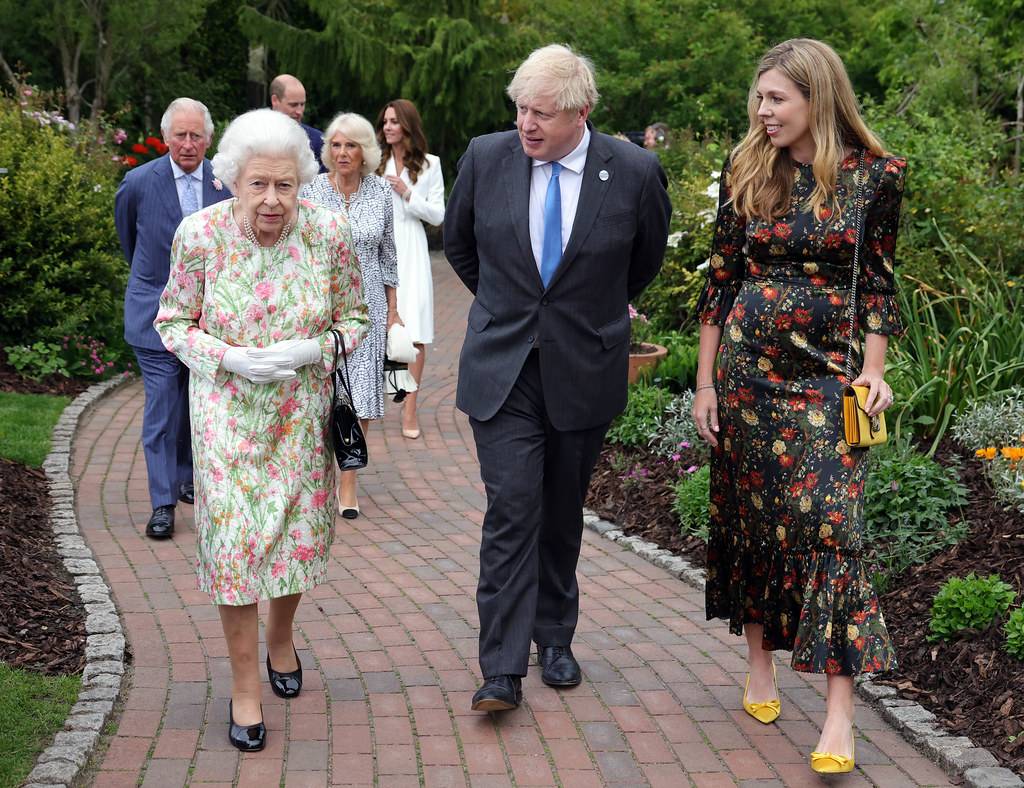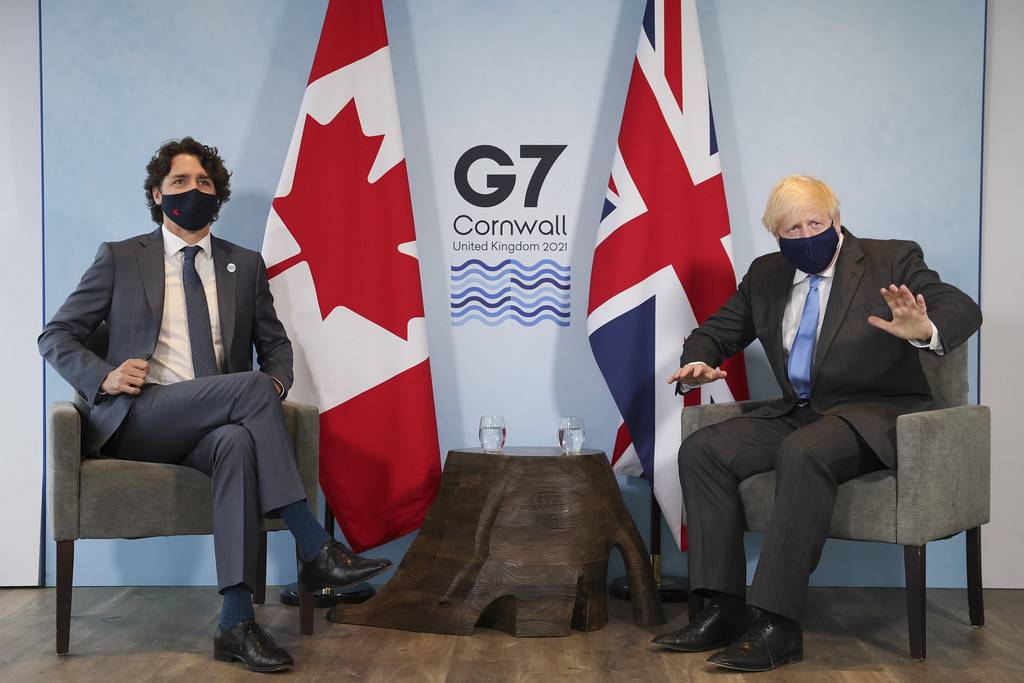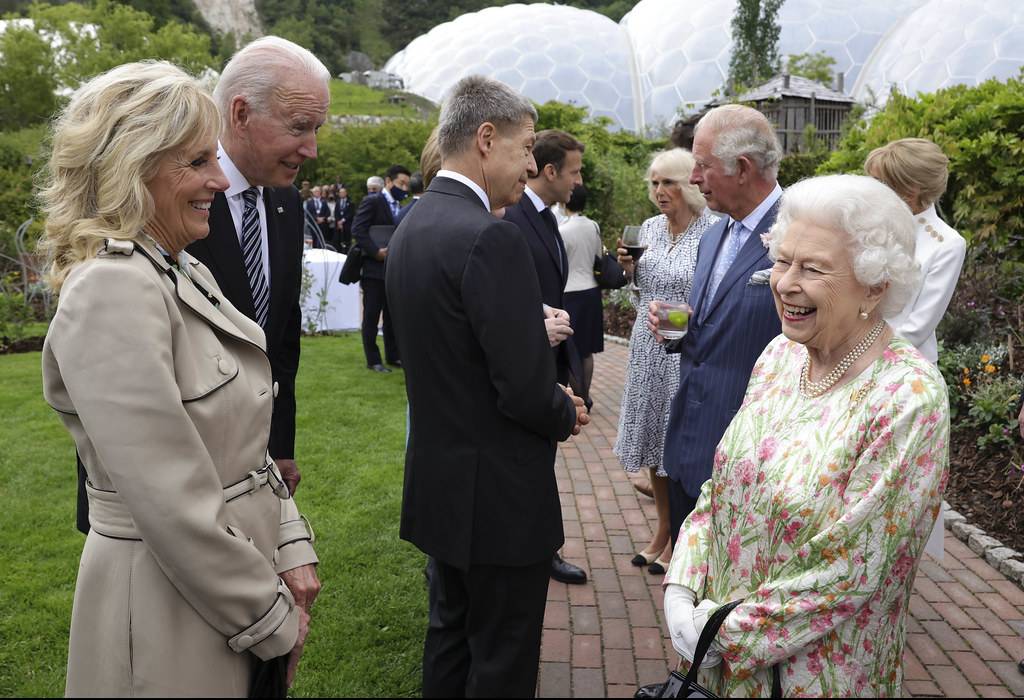Disney said its Direct-to-Consumer (DTC) revenues for the quarter increased 38 per cent to $4.6 billion and operating loss increased from $400 million to $630 million…reports Asian Lite News.
The Walt Disney Company has reported a revenue of $18.53 billion for its fiscal fourth quarter of 2021, up 26 per cent from a year earlier, largely due to the rebound of its theme park business from the Covid-19 pandemic.
According to Disney’s quarterly earnings report, the earnings per share (EPS) for the quarter ending on October 2 reached 9 cents compared to a loss of 39 cents in the same period last year, reports Xinhua news agency.
Disney Parks, Experiences and Products revenues for the fourth quarter increased to $5.5 billion from $2.7 billion in the prior-year quarter. The division’s quarterly profit increased to $640 million.
“Revenue and operating income growth was due to the reopening of our parks and resorts, which were open for the entire quarter (the fourth quarter) this year,” said the company in the report.
“Covid-19 and measures to prevent its spread have impacted our segments in a number of ways. Our theme parks and resorts were closed and cruise ship sailings and guided tours were suspended,” said Disney, adding that its parks and resorts, “were generally operating at reduced capacities” even while they were open.
Meanwhile, the company’s two-year-old flagship streaming service, Disney+, recorded an increase of 2.1 million subscribers in the latest quarter, bringing the number of subscribers to 118.1 million, up 60 per cent from 73.7 million in 2020.
Disney said its Direct-to-Consumer (DTC) revenues for the quarter increased 38 per cent to $4.6 billion and operating loss increased from $400 million to $630 million.
“This has been a very productive year for The Walt Disney Company, as we’ve made great strides in reopening our businesses while taking meaningful and innovative steps in Direct-to-Consumer and at our Parks,” said Bob Chapek, Disney’s CEO, in a statement.
Chapek said the company is “extremely pleased with the success of our streaming business” and confident in the growth of Disney streaming platforms globally.
Disney’s DTC services include Disney+, ESPN+ and Hulu, which are viewed as new products to compete with Netflix. The company aims to gain 230 million to 260 million Disney+ subscribers by the end of fiscal 2024.
ALSO READ-Saudi Arabia to showcase first time Disney Concert


